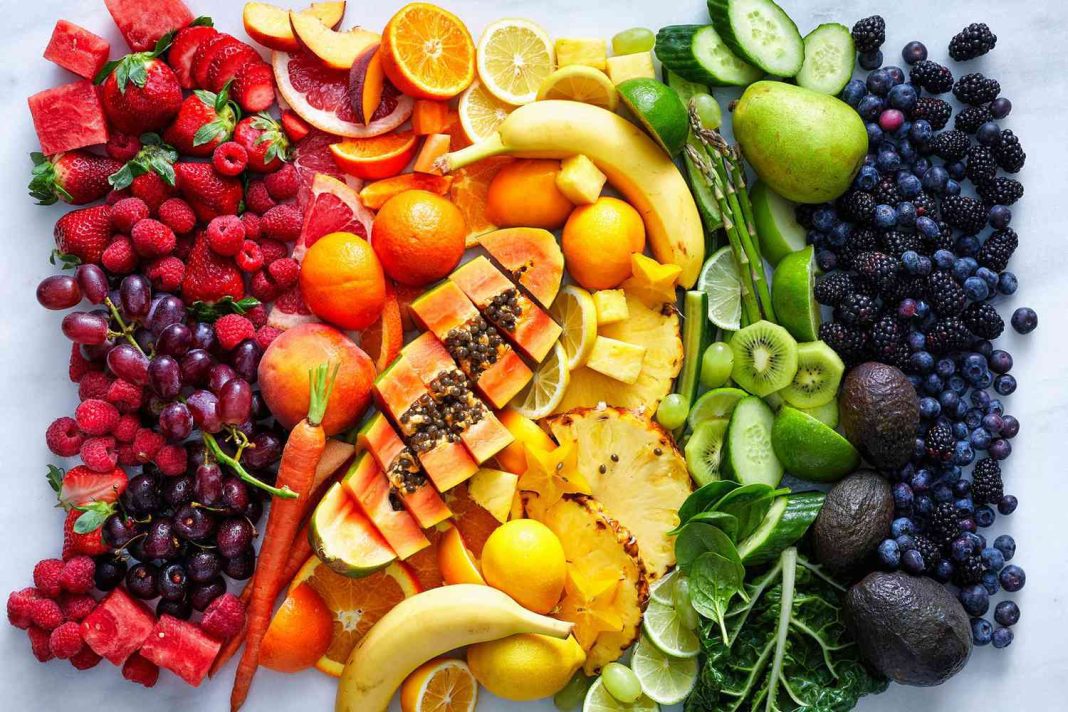Managing diabetes can be challenging, but it doesn’t have to mean giving up all your favorite foods. In fact, there are plenty of delicious and nutritious options out there that can actually help you control your blood sugar levels. Whether you’re newly diagnosed or simply looking for some inspiration in the kitchen, this guide will walk you through the best diabetic foods to eat (and which ones to avoid) so that you can feel confident and healthy no matter what’s on the menu. So let’s get started!
What Are the Best Diabetic Foods to Eat?
When it comes to managing diabetes, the foods you eat can have a huge impact on your overall health and well-being. Here are some of the best diabetic foods to add to your diet:
- Non-Starchy Vegetables: These include leafy greens like spinach and kale, as well as other veggies like broccoli, cauliflower, and carrots.
- Whole Grains: Choose whole grain breads, pasta, and cereals instead of their white counterparts for more fiber and slower digestion.
- Lean Proteins: Opt for lean cuts of meat like chicken or turkey breast, fish such as salmon or tuna, tofu or legumes like lentils.
- Low-Fat Dairy Products: Greek yogurt low in sugar is a great source of calcium while cheese options should be limited due to high fat content
- Fruits with Lower Sugar Content – Apples, berries (such strawberries), citrus fruits (oranges) etc
Remember that moderation is key when it comes to portions sizes even for healthy foods!
What Are the Worst Diabetic Foods to Eat?
When it comes to managing diabetes, knowing what foods to avoid is just as important as knowing what foods to include in your diet. Here are some of the worst diabetic foods that you should stay away from.
Firstly, sugary drinks such as soda and fruit juice can cause a rapid spike in blood sugar levels due to their high amount of added sugars. Additionally, processed snacks like chips or crackers often contain refined carbohydrates which can lead to an increase in blood sugar levels.
Another food group that diabetics should liit consumption of is red meat. Studies have shown that those who consume large amounts of red meat have a higher risk for developing type 2 diabetes and heart disease.
Fast food meals should be avoided whenever possible because they tend to be high in calories, unhealthy fats and sodium – all things that can negatively impact people with diabetes.
While avoiding these worst diabetic foods may seem daunting at first, there are plenty of delicious alternatives available!
How Can I Make Sure I’m Getting the Nutrients I Need?
Maintaining a balanced diet is important for everyone, but it’s especially crucial for people with diabetes. Not only do you need to keep your blood sugar levels in check, but you also need to make sure that you’re getting all the nutrients your body needs to function properly.
One of the best ways to ensure that you’re getting all the necessary nutrients is by eating a variety of foods from different food groups. This means incorporating plenty of fruits and vegetables into your meals, as well as lean proteins like chicken and fish.
It’s also important to pay attention to portion sizes and avoid overeating. Eating too much can cause spikes in your blood sugar levels and lead to weight gain, which can worsen diabetes symptoms.
In addition to focusing on whole foods, taking supplements can help fill any nutritional gaps in your diet. Some supplements that may be beneficial for people with diabetes include magnesium, chromium, and omega-3 fatty acids.
Maintaining a healthy diet requires balance and moderation. By incorporating a variety of nutrient-rich foods into your meals and paying attention to portion sizes, you can help support optimal health while managing diabetes symptoms.
What supplements should I take?
Supplements can be a great addition to your diet if you have diabetes. However, it’s important to remember that supplements should not replace whole foods and a balanced diet. Instead, they should be used in conjunction with healthy eating habits.
One supplement that may benefit those with diabetes is magnesium. Magnesium plays a role in insulin sensitivity and glucose control. It’s also important for heart health, which is especially crucial for individuals with diabetes who have an increased risk of cardiovascular disease.
Another supplement to consider is omega-3 fatty acids. These essential fats are found in fish like salmon and mackerel, but can also be taken as a supplement. Omega-3s may help reduce inflammation and improve blood sugar control.
Vitamin D is another nutrient that people with diabetes may want to add to their routine. Low levels of vitamin D have been linked to insulin resistance, so ensuring adequate intake through sunlight exposure or supplementation may be beneficial.
Before adding any supplements to your regimen, it’s important to speak with your healthcare provider first. They can help determine if supplements are right for you and recommend safe dosages based on your individual needs.
Conclusion
Eating a healthy diet is important for everyone, but it’s especially crucial for individuals living with diabetes. By making smart food choices and avoiding those that can cause spikes in blood sugar levels, you can help manage your condition and prevent complications.
When it comes to the best diabetic foods to eat, look for options that are low in carbohydrates and high in fiber. Fresh fruits and vegetables are always a great choice, as well as lean proteins like chicken or fish. Whole grains like brown rice or quinoa provide plenty of nutrients without causing drastic changes in blood sugar levels.
On the other hand, there are also certain foods that should be avoided by individuals with diabetes. Processed snacks like chips or candy bars should be limited or eliminated from your diet altogether. Sugary drinks like soda can cause significant blood sugar spikes, so opt instead for water or unsweetened tea.
In addition to choosing the right foods, it’s also important to get all of the necessary vitamins and minerals your body needs to function properly. A balanced multivitamin supplement can help ensure you’re getting everything you need.
Maintaining a healthy diet is key when managing diabetes. By being mindful of what you eat and how it affects your body, you can take control of your health and live life to the fullest!

































[…] foods high in oridzin is a safe and natural method to potentially reap the benefits of oridzin, even […]